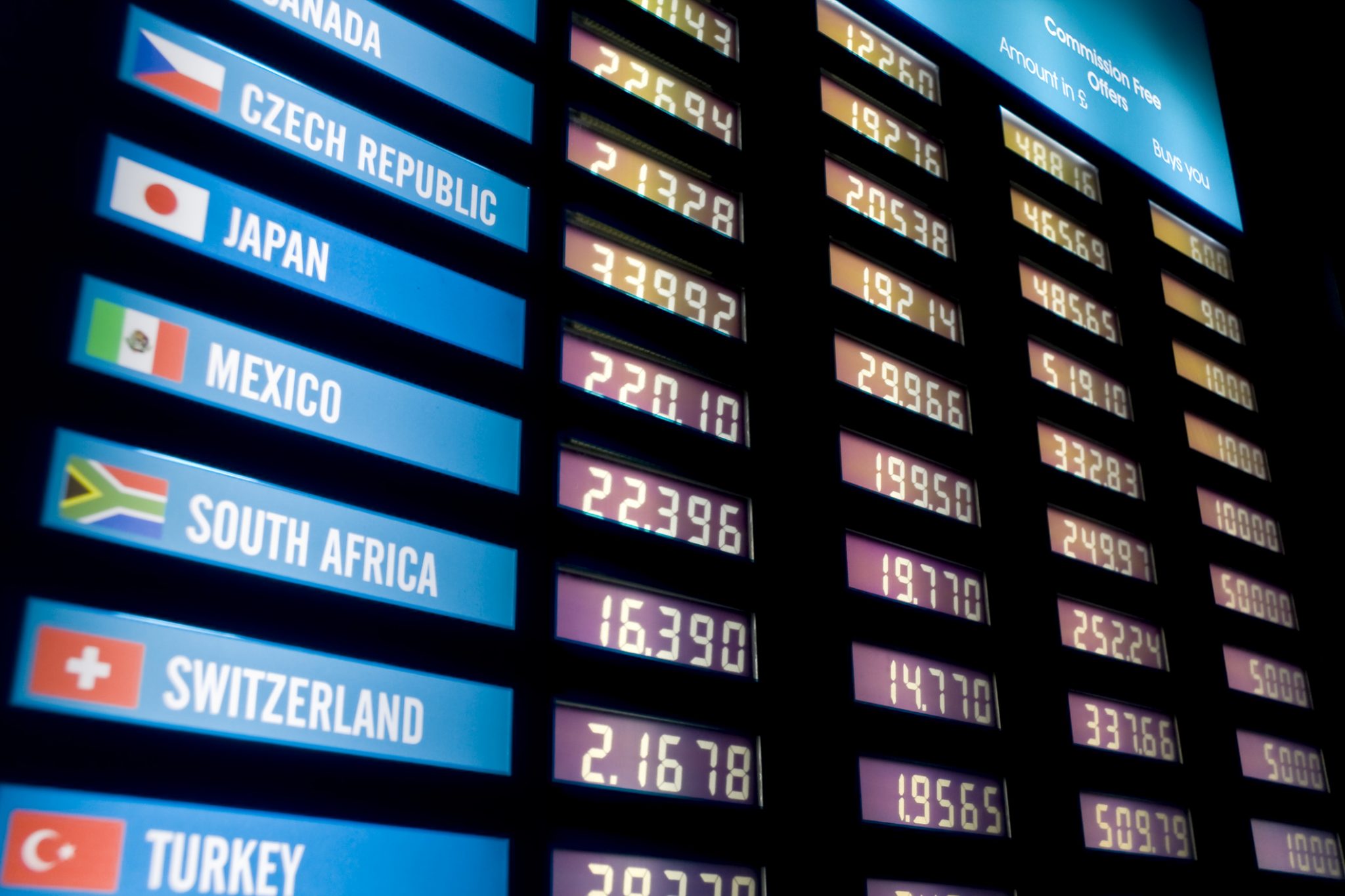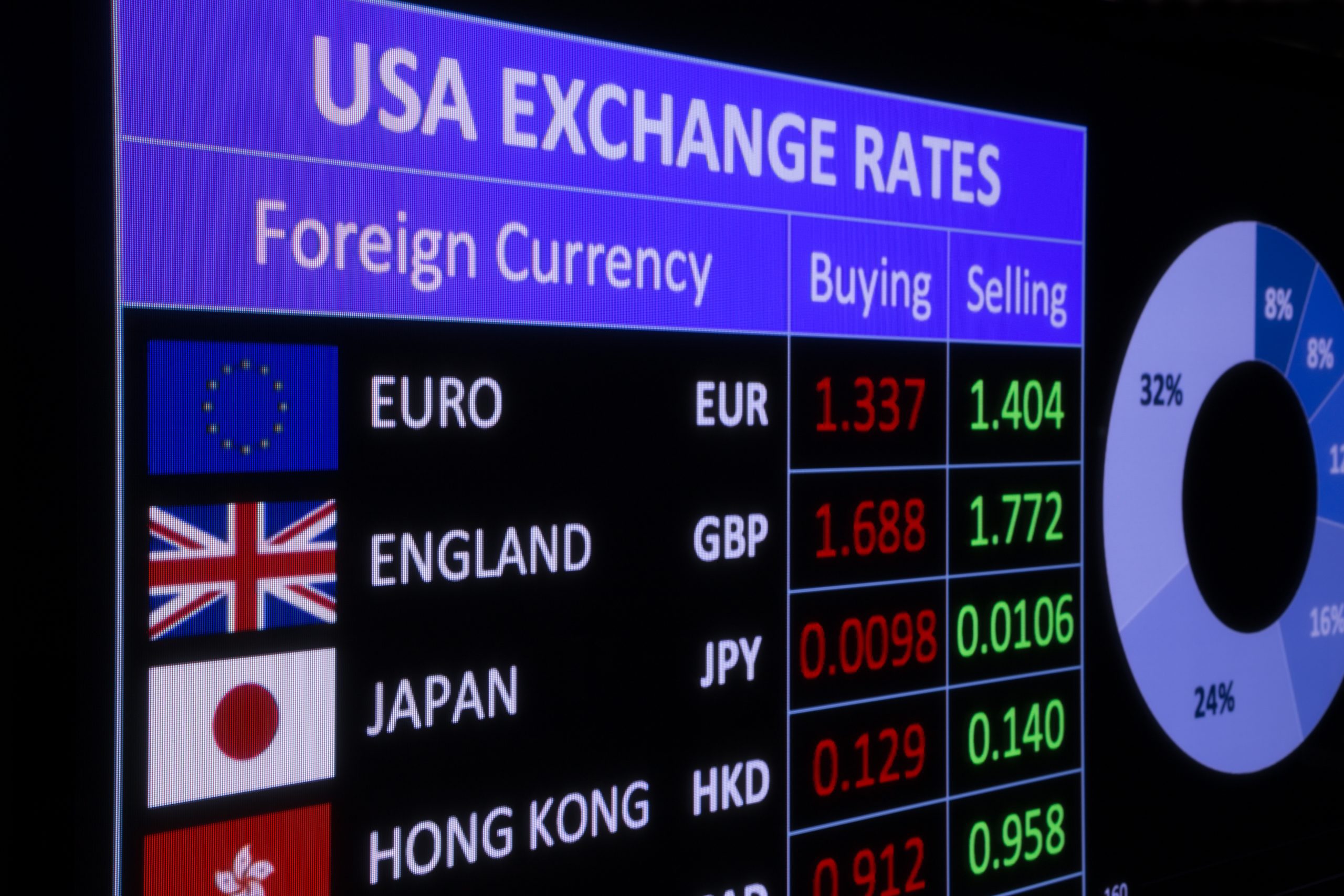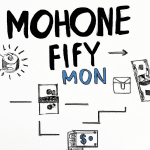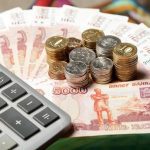What is currency?
A currency is the monetary unit of a nation state. But there are also collective currencies, which are used not in one country but in several. A prime example is the euro. It is the supranational currency of a group of European countries.
Sometimes a state uses another country’s currency on a par with its national currency. For example, in Russia in the early 1990s de facto parallel use of the ruble and U.S. dollar. Dollars in those years sold everything: apartments and clothes at the market what they talk about on the https://telegram-store.com/catalog/product-category/channels/economics.
What is a currency exchange rate?
The currency exchange rate is the value of one country’s currency in other countries’ currencies. It determines, for example, how much a dollar or a yen is worth in rubles.
What affects the exchange rate?
The price of currency, like any commodity, is determined by supply and demand. For example, a country is developing production, entrepreneurs need money, and they are willing to offer investors a good return. If foreign investors want to invest in these projects, they will need the local currency of the country. The demand for it will increase, and therefore the exchange rate will go up.
Sometimes it is vice versa. When foreign investors, for whatever reason, leave the country, the demand for the local currency goes down. Usually this leads to a lower exchange rate. Or, for example, the government runs the printing press to pay its domestic debts. The country’s currency becomes too much, and its price – the exchange rate against other currencies – falls.
In reality, the exchange rate is affected by many factors. For example, how much goods and services the country sells on the international market and how much it buys, how export and import prices change, how the economic situation in the country and the world develops. The rules of foreign exchange transactions and the exchange rate regime, which are set by the central bank, play an important role.
How are the exchange rate and inflation related?

The exchange rate affects inflation, but not always unambiguously. For example, a weaker exchange rate can accelerate inflation in the short term and help it fall in the medium term. When the domestic currency weakens, the price of imported goods increases. It becomes expensive to buy machinery or raw materials from abroad. Therefore, the cost of those products that are produced domestically also increases. A weaker exchange rate accelerates inflation.
But at the same time, the impact of the exchange rate can be quite the opposite. For example, after the 2014 crisis, many Russian goods became cheaper than imported ones, and demand for them increased. This helped some producers (especially agricultural producers) to expand production, establish output, retain and even lower prices. Under those conditions, the weakening of the exchange rate began to curb inflation.
When the national currency strengthens, imported goods become cheaper, companies’ costs of foreign raw materials and supplies decrease. This slows inflation. In Russia we saw such a situation in April-June 2022.
This is a simplified scheme, in reality everything is more complicated – inflation is formed under the influence of a set of factors.


